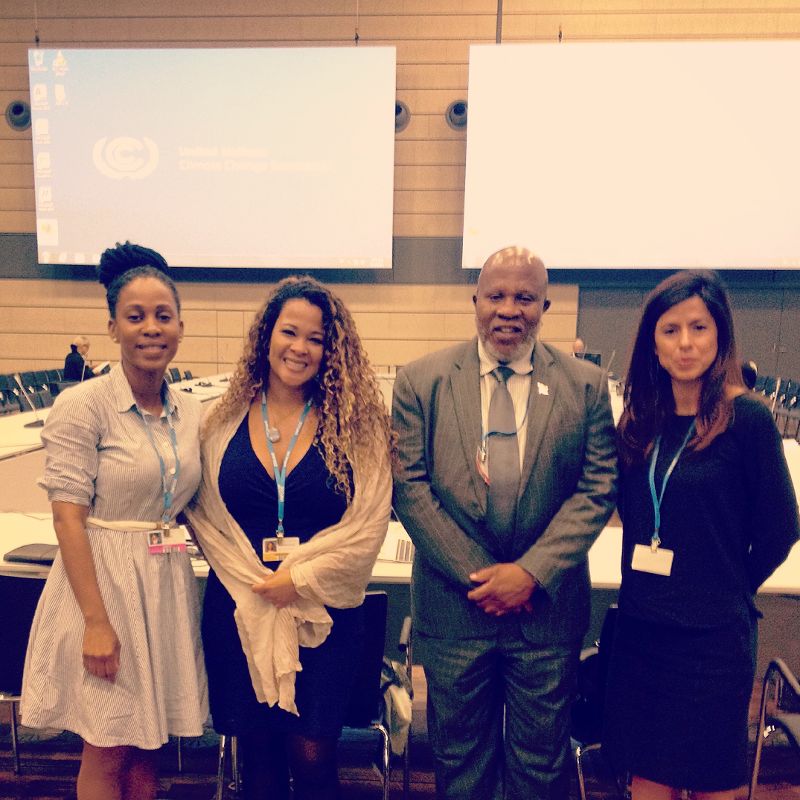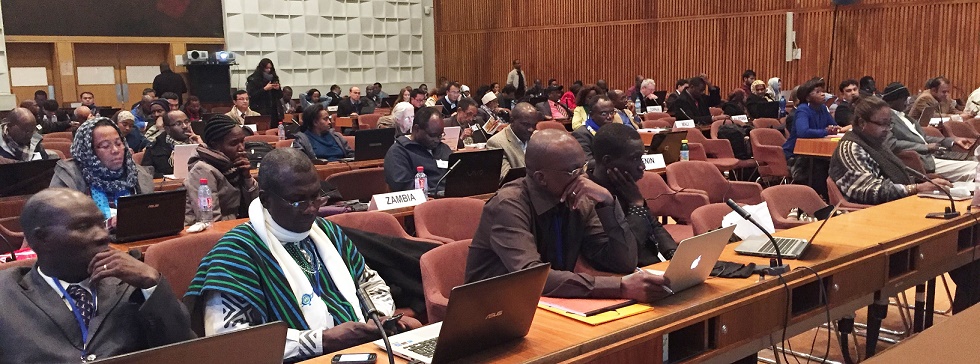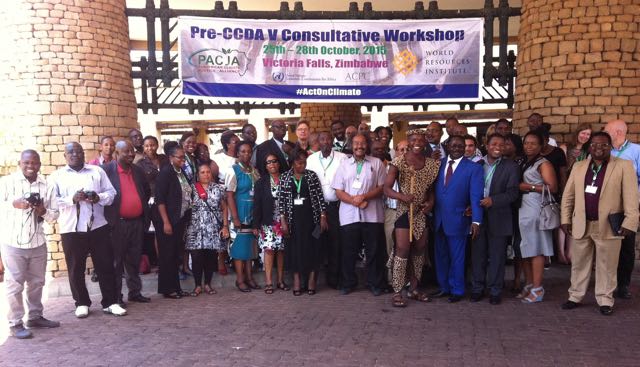4 September 2015
With signs of slow progress, the tenth part of the second session of the ADP working group concluded today.
Only five scheduled days of official negotiations remain before Paris COP 21 begins on 30th November.
Over the last five days, delegates from over 190 nations have been engaging in facilitated sessions and spin-off groups to discuss the “Geneva negotiating text”. This was consolidated and divided up by the ADP Co-Chairs in advance of the meeting (“Co-Chairs’ tool”) in three different sections, with part one illustrating provisions appropriate for the agreement; part two, provisions for COP decisions; and part three, with paragraphs and sections that require further clarification. While the Co-Chairs insisted that there was no hierarchy among these three sections, many delegates from developing nations expressed their dissatisfaction that some important provisions and concerns for their countries were not reflected in part one of the tool. Countries worked to address the imbalance during the course of discussions this week.
Due to budgeting constrains, many representatives from developing countries could not attend the meeting, leaving their negotiating delegations outnumbered. This added considerable challenge upon these delegations, which had to juggle numerous meetings and coordination sessions in a disproportionate manner.
By the conclusion of the session today, the general feeling was that the meeting did not result in significant progress with a draft text towards Paris COP 21. Many textual proposals are still under consideration and critical issues are yet to be resolved – a review mechanism for INDCs to ratchet-up ambition over time is one of them. On a positive note however, the issue of loss and damage – a critical aspect for developing countries, saw a hint of compromise. Marking a shift in their positions, both the US and the EU are considering compromise options on this highly sensitive matter. This is definitely a step forward in bridging gaps and finding consensus towards a successful Paris deal.
LRI has been supporting delegates from some of the smallest delegations since the start of the session. The range of legal queries received by the LRI has reflected both the complexity and breadth of issues being discussed at this crucial juncture in the negotiations. LRI has been asked specific questions addressing the possible content of the 2015 agreement (including the necessary references to a mechanism on loss and damage), the legal form of the agreement, various queries related to INDCs, institutional arrangements and governance issues of the new agreement, among other queries.

Delegates of Trinidad and Tobago with LRI team.
Register [here] to access our database containing all pieces of legal advice and legal briefings.



